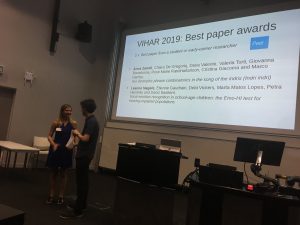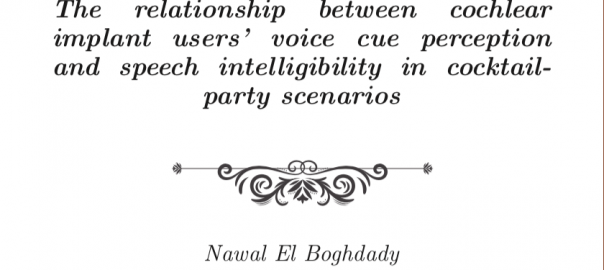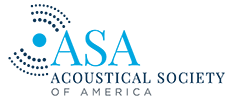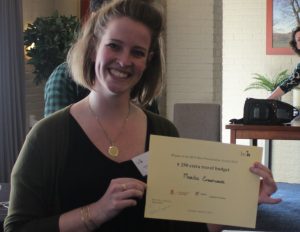The effect of attention and reward on the pupil dilation response during speech processing in noise
Dr. Thomas Koelewijn
Department of Otolaryngology/Head and Neck Surgery
VU University Medical Center
Date: 29 March 2019, FRIDAY
Time: 14:00
Location: P2.246, Blauwe Patio, UMCG
Broadcasting link: http://tinyurl.com/29-03-19-AudSeminar
Organized by: Drs. Leanne Nagels
Summary:
Following
a conversation in a noisy environment is often effortful, especially
for people with a hearing impairment. The pupil dilation response is a
well-validated measure to quantify
mental effort. Studies show larger pupil dilations in response to more
challenging listening conditions (e.g. with interfering speech) compared
to easier listening situations (stationary noise). Recent research
shows that processes like working-memory, attention,
and extrinsic motivation are associated with the pupil dilation
response. In this talk, I will briefly introduce pupillometry as a
method for quantifying listening effort and I will show results of
recent studies on the effect of attention and reward on the
pupil dilation response during speech processing in noise. To what
degree processes affect cognitive load differently in people with
hearing loss compared to normally hearing adults with acquired brain
injury will be addressed as well.
 Leanne Nagels’s paper (co-authors Petra Hendriks, Etienne Gaudrain, and Debi Vickers) is chosen as one of the best student/early-career researcher papers at VIHAR 2019!
Leanne Nagels’s paper (co-authors Petra Hendriks, Etienne Gaudrain, and Debi Vickers) is chosen as one of the best student/early-career researcher papers at VIHAR 2019! 
 Deniz is elected to be a member of the
Deniz is elected to be a member of the 